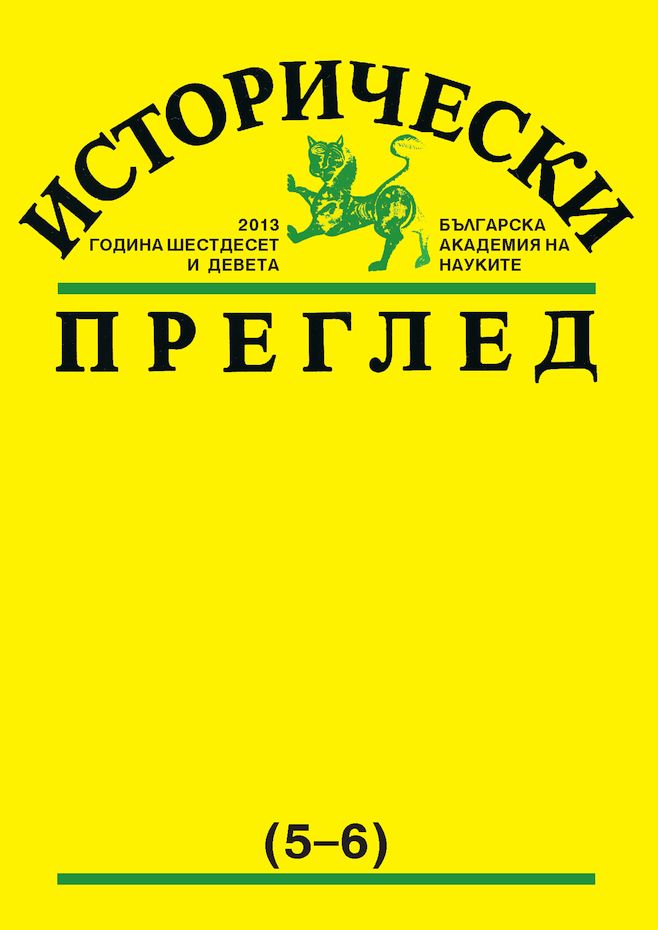От плуралистично към тоталитарно общество
From Pluralistic to Totalitarian Society
Bulgaria in the second half of the 1940s
Author(s): Rumyana BogdanovaSubject(s): Cultural history, Political history, Social history, WW II and following years (1940 - 1949), Post-War period (1950 - 1989), History of Communism, Cold-War History, Conference Report
Published by: Институт за исторически изследвания - Българска академия на науките
Keywords: Bulgaria; transformation; communist rule;
Summary/Abstract: The second half of the 1940s is a crucial transition period in establishing totalitarian control of society. The decor of pluralism and parliamentarism brought specific color in the life of Bulgarians in the first years after September 9, 1944. The Communist Party in Bulgaria,aided by the entry of the Red Army in Bulgaria and the arrangements between the members of the anti-Hitler coalition, actually became ruling political force, but did not immediately establish a dictatorship of the proletariat in the form of Soviet rule. The destruction of the old authority structures was followed by a period of existence of a parallel unregulated power at all levels. The orchestrated political pluralism did not provide for any serious political role for the coalition partners of BRP (k), whose political platforms detached from the historical context, were quite harmless. A side effect in the movement towards a totalitarian society was the emergence of opposition, which briefly stirred Bulgarian political space and created the illusion of political pluralism in the country. The regime defined itself as a “people’s democracy”, but behind the propaganda thesis about the authority practice shows violation of pluralism, constant interference in the internal life of the other parties, strict regulation of all components of public and political life, criminalization of dissent, including the whole society into state organizations working under the ideological and political leadership of the Communist Party. The affirmation of the communist regime was accompanied by the formation of party-bureaucratic class which acquired the status, powers and privileges, access to which remained limited for members of other parties. Corrupting party cadres, sensitive to domestic benefits, began in the first months after September 9 and gradually became a dominant practice that turned into hallmark of the regime and existed until the end of the 1980s.
Journal: Исторически преглед
- Issue Year: 2013
- Issue No: 5-6
- Page Range: 71-89
- Page Count: 19
- Language: Bulgarian
- Content File-PDF

